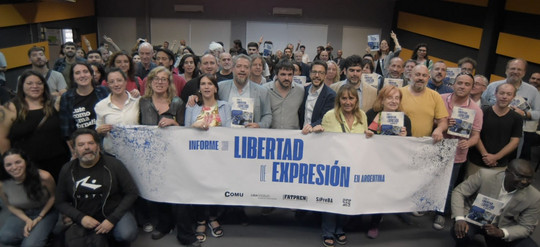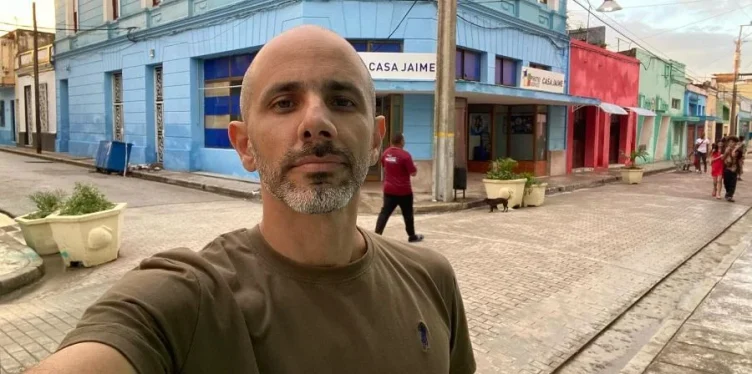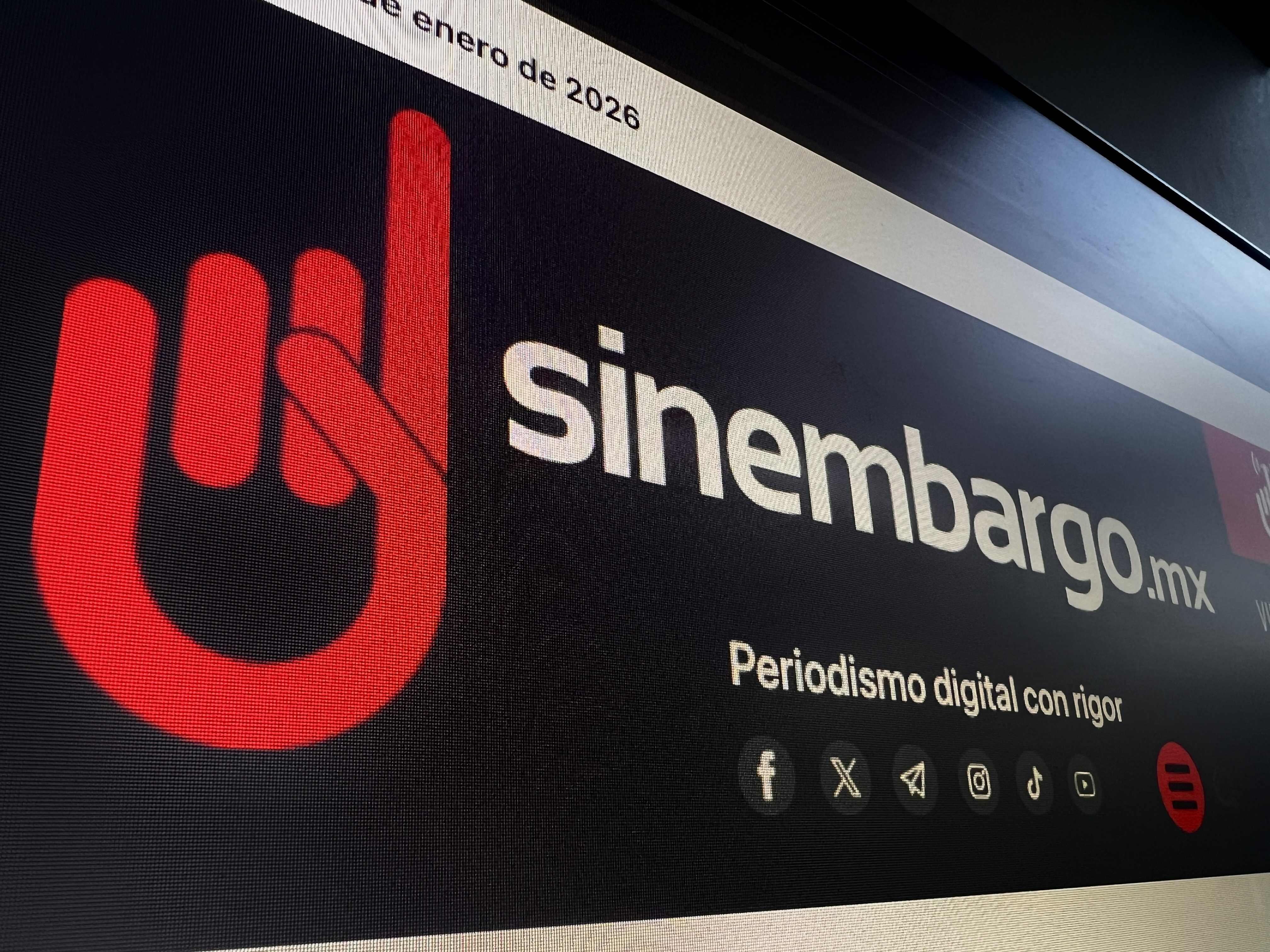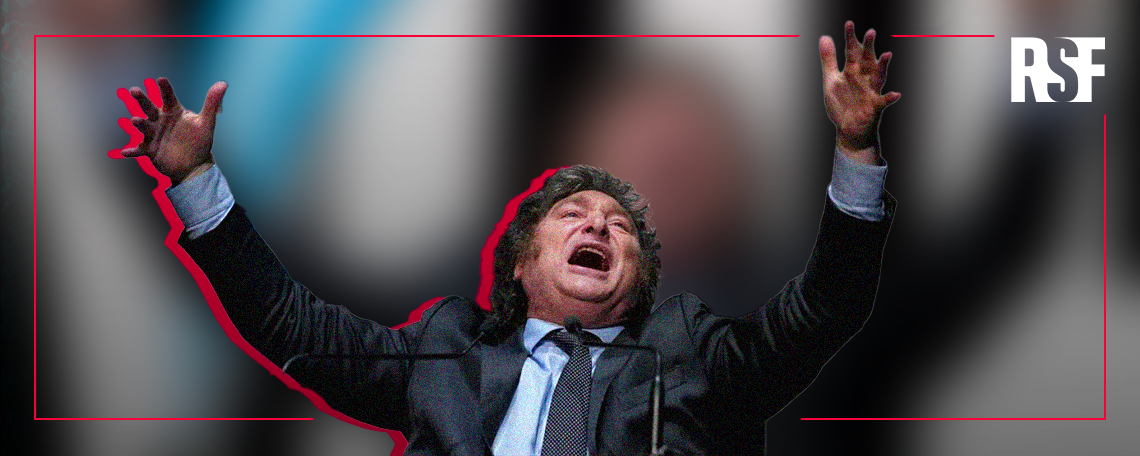
Argentina’s Press Freedom Plummets During Milei’s First Year
December 10, 2024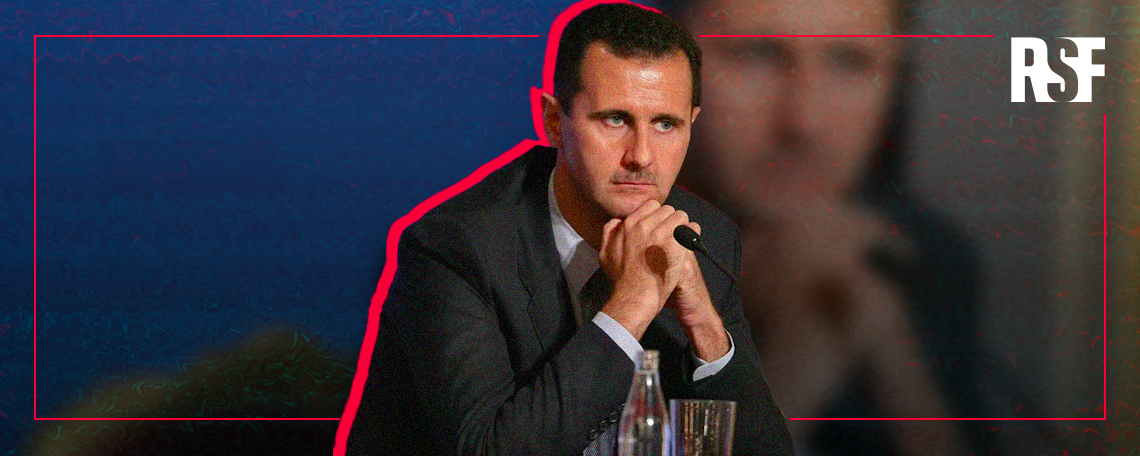
RSF Calls for Assad’s Prosecution Over the Murder of 181 Journalists Since 2011
December 10, 2024December 10, 2024 – Argentina –
Argentina witnessed growing concerns over press freedom as President Javier Milei’s administration introduced sweeping changes that critics say undermine journalistic independence. A report released by the International Federation of Journalists (IFJ) and Argentina’s National Federation of Journalists (FENAJ) outlined a deteriorating media environment shaped by legislative overreach, restricted press access, and stigmatizing rhetoric from government officials.
Central to the report is the passage of a controversial omnibus bill in June 2024 that granted President Milei broad decree powers across multiple sectors, including administrative and economic domains. While the government defended the law as necessary for governance, press advocates warned that it opened the door to unchecked executive influence over public discourse and media regulation.
The IFJ report also highlighted a trend toward restricting access to government press briefings. Only journalists from “highly recognized” outlets were reportedly granted entry, sidelining independent and grassroots reporters. This move, combined with the administration’s public denunciations of critical journalists, has created a chilling effect across Argentina’s media landscape.
Freedom House’s 2024 Freedom on the Net report echoed these concerns. While Argentina maintained a relatively strong score of 71/100, the report noted rising threats from disinformation and digital manipulation, particularly during Milei’s presidential campaign. The emergence of deepfakes and coordinated online propaganda raised alarms about the future of truthful election reporting and the growing vulnerability of digital journalism.
Despite retaining its classification as “Free” in Freedom House’s broader Freedom in the World index (85/100), Argentina is facing mounting pressure on its democratic institutions. The use of national security narratives to justify censorship, as well as the narrowing of civic space, points to an increasingly fragile media ecosystem.
As Argentina approaches a critical political crossroads, press freedom organizations stress the urgency of safeguarding journalists’ rights. They call for the reversal of exclusionary press policies, the protection of independent media, and stronger legal guarantees to prevent executive overreach. In a country with a strong democratic tradition, the erosion of press freedom under Milei serves as a warning: without intervention, media pluralism and accountability may begin to slip beyond reach.
Reference –

